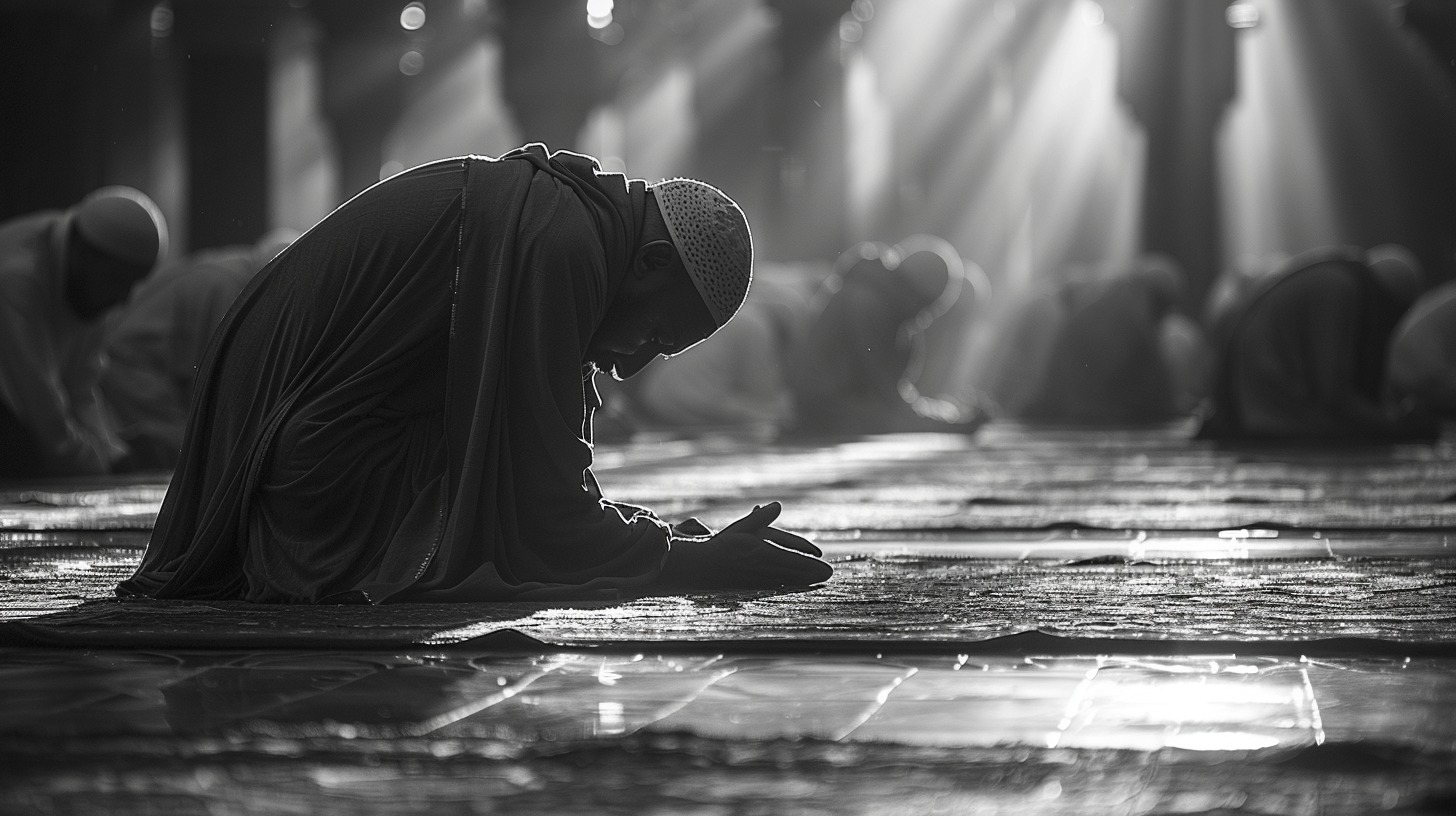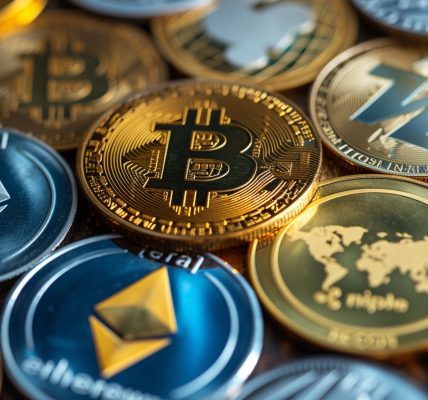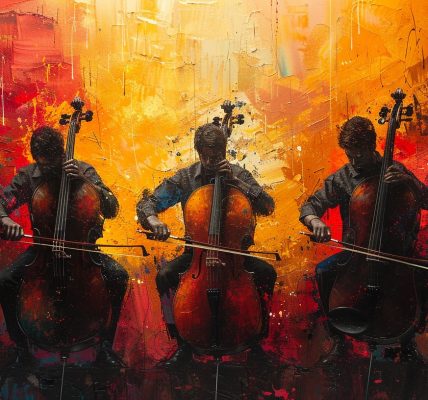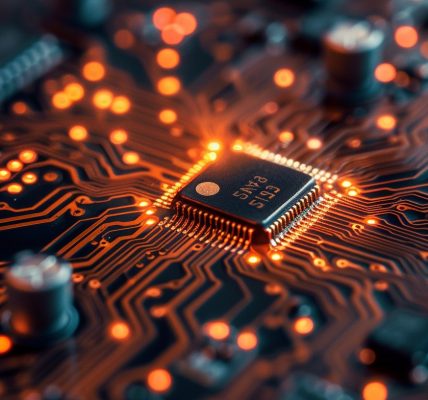Human history is a tapestry woven from the discoveries and innovations of diverse cultures and civilizations. Among these contributions, the Muslim world has played a remarkably influential role in shaping the modern era. Through an era often referred to as the Islamic Golden Age, Muslim scholars, inventors, and thinkers introduced groundbreaking advancements in various fields.
Their ingenious creations and discoveries have not only stood the test of time but have also become integral to our daily lives. In this text, we will explore five significant Muslim inventions that have had a lasting impact on the world. From fueling our mornings with coffee to guiding our daily schedules with precise timekeeping, including the accuracy of prayer times in London and other capitals, these inventions highlight the profound legacy of Muslim ingenuity and its timeless relevance in our contemporary world.
Coffee
Until the 13th century, people faced the challenge of staying awake without the stimulant we now know as coffee. This all changed due to a simple yet pivotal discovery by a goat herd and an observant shepherd named Khalid. He noticed that his goats became lively and energetic after eating certain fruits on the slopes of Ethiopia. These fruits’ beans were eventually collected, roasted, and brewed, leading to the creation of coffee.
Clocks
A devout Muslim and a skilled engineer, Al-Jazari was the first to conceive the concept of an automatic machine. Beginning in 1206 and continuing onward, he crafted numerous clocks in various sizes and forms. Much like today, Muslims of that era needed to structure their lives around time and Salaah times. Al-Jazari remained faithful to Islamic traditions in his clock-making, understanding the crucial role of timekeeping for performing religious rituals at the appropriate moments.
Camera
Ibn al-Haytham revolutionized optics, transforming it from a philosophical debate into a science grounded in observation. He dismissed the Greek notions of unseen light revealing hidden objects and proved that vision occurs when light reflects off objects. His theory was demonstrated through the dark room experiment, which he named “qamara,” marking the creation of the world’s first Camera Obscura.

Hygiene Products
For Muslims, faith encompasses both spiritual and physical cleanliness. Remarkably, in the 10th century, the hygiene products used in the Islamic world surpassed even some modern standards. Muslims pursued true cleanliness beyond mere washing with water, leading to the invention of soap, which became a staple in public baths.
Notably, Al-Jazari, famed for his clock-making skills, also engineered an automatic device for pouring water during ablution (wudu). Furthermore, the polymath Al-Kindi, while celebrated for his philosophical contributions, authored a book featuring hundreds of exquisite perfume recipes. This very book introduced Europe to the art of perfume-making.
Universities
Research has always held significant importance for Muslims, with the Quran encouraging the pursuit of knowledge, observation, and learning. Inspired by these principles, a devout young woman named Fatima al-Fihri sought to establish an educational center in Morocco. Al-Qarawiyyin, much like some major mosques, quickly became a hub for religious studies and political debates. Over time, it expanded its curriculum and emerged as the first university in history. With a legacy spanning approximately 1,200 years, this university remains active, continuing to welcome seekers of knowledge.
Conclusion
The extensive contributions of the Muslim world to modern civilization cannot be overstated, from altering our daily routines with coffee and precise timekeeping to revolutionizing the fields of optics and education. These five inventions are only a fraction of the immense legacy of Muslim scholars and inventors who have paved the way for countless advancements.
By acknowledging and celebrating these contributions, we not only enrich our understanding of history but also inspire future years to continue the quest for knowledge and innovation. The enduring impact of these inventions serves as a reminder of the interconnectedness of human progress and the shared heritage that binds us all.





